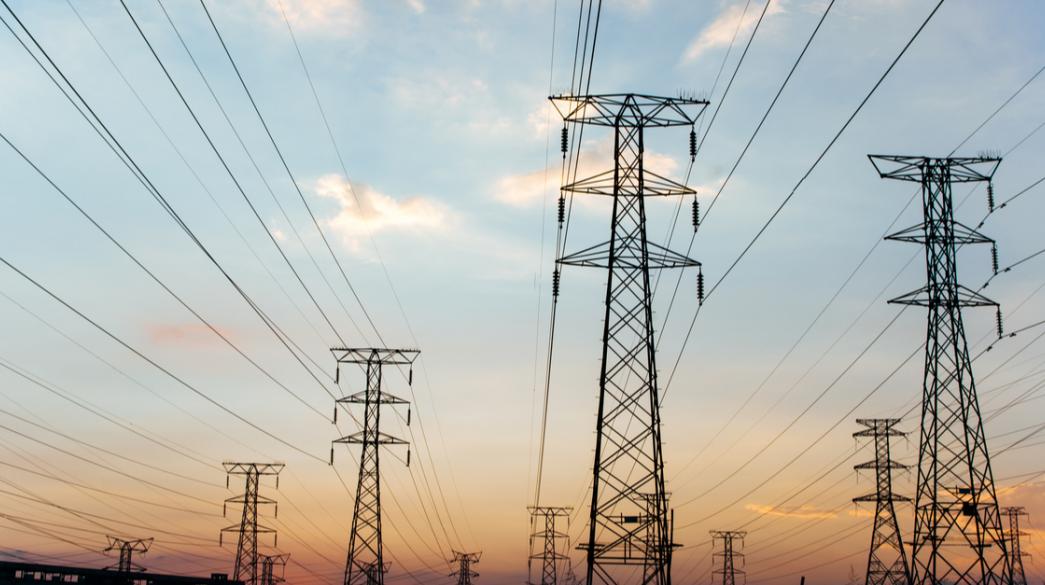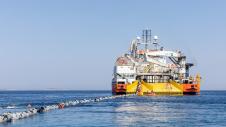China's Belt and Road Initiative (BRI) is well known in Greece as the country's largest port, Piraeus, is in the path of the Modern Silk Road project.
What is not as well known in Greece is the Global Energy Interconnection (GEI) initiative which is being led by China's State Grid, the Asian country's largest government company, that controls 24 percent of Greece's ADMIE. The initiative is an exceptionally ambitious plan to create a global network that will connect each continent with undersea cables, transporting power created by renewable energy sources in China.
It is not clear whether the head of State Grid, Wei Kou, who accompanied China's president Xi Jinping on his Athens trip and met with Greek Energy Minister Kostis Hatzidakis spoke about the GEI plan. What is certain, however, is that they discussed the possibility of the Chinese upping their stake in ADMIE, as the Greek government is pushing ahead with its further privatization.
The two also talked about the Attica-Crete undersea cable and other connections (eg in the Dodecanese) that ADMIE is working on. Sources say that Wei also spoke about State Grid's plans on renewable power. A few days ago, the Chinese giant announced that it had signed a deal with Norway's NBT to build the world's largest wind park of 750 MW in Ukraine, an investment worth $1.1 billion.
Greece has already announced plans to reduce its stake in ADMIE, without clarifying whether the stake will be around 25-30 percent, or bigger. At the same time, Greece is looking for capital to fund the one billion euro Attica-Crete connection, without the participation of the European manager.
The Ariadne connection, ADMIE's subsidiary which is promoting the link, is seeking a strategic partner and it looks like there was an invitation sent to the Chinese. ADMIE holds 100 percent of the Ariadne Interconnection and can sell a small stake based on decisions from Greek power regulator RAE as it needs significant capital amounts to complete the project.
Greece also appears to have invited the Chinese to take part in other privatizations in energy, such as DEPA and Hellenic Petroleum, as well as waste management plants planned for central Macedonia, and elsewhere.
Chinese companies CGGC and SUPCON have already taken a position in Crete's energy market after hooking up with NUR Hellas on a 300 million euro 52MW solar thermal plant that can provide up to ten percent of Crete's energy needs. After a delay of some ten years, the project got the nod recently from the Greek government.
At the Energy Ministry, sources say that Greece needs to move with care on the issue due to the negative stance among large European countries - and as a result the European Commission - toward Chinese investments in energy or other strategic parts of the economy.
In the last few years, State Grid has been blocked from acquiring stakes in European peers. This happened in Belgium with Eandis and Germany's 50 Hertz. In Portugal, however, State Grid controls 25 percent of REN as it comes across many obstacles in expanding in Europe.








